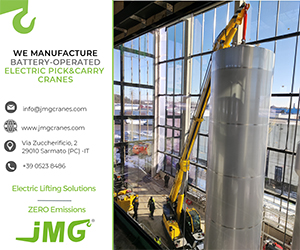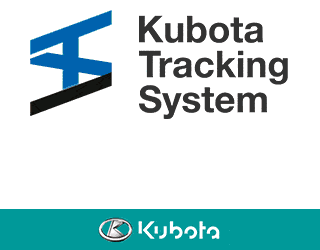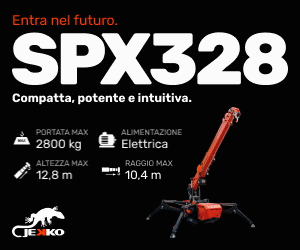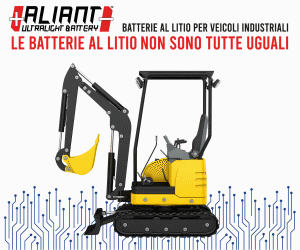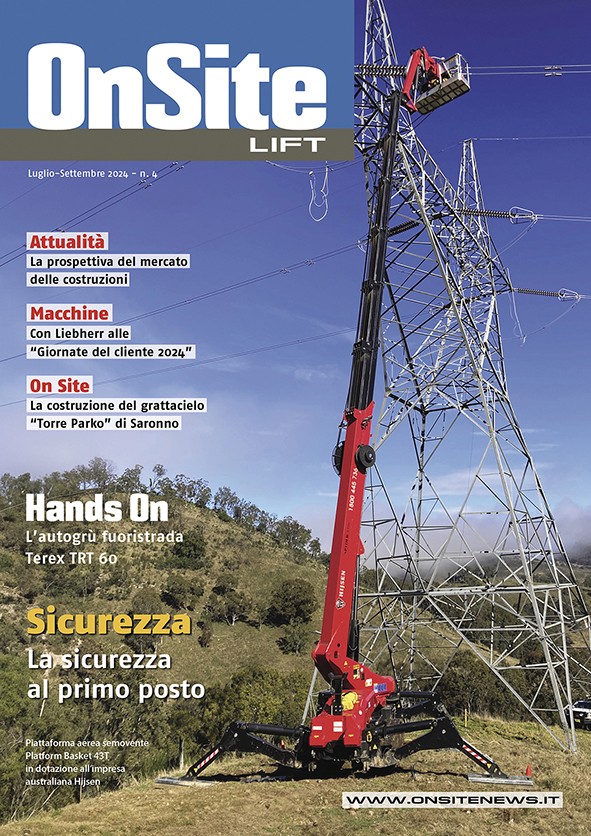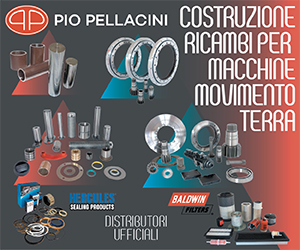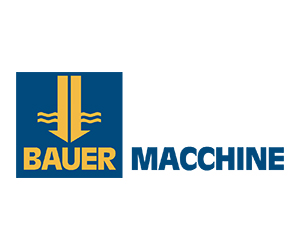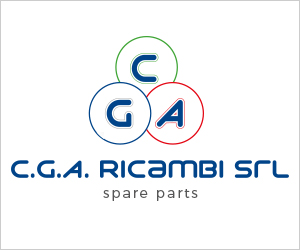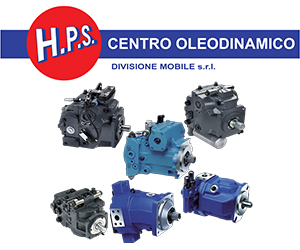Home \ International \ Kohler joins the eFuel Alliance for a zero-impact future
Kohler joins the eFuel Alliance for a zero-impact future
24/02/2022
Pubblicato da Redazione

Kohler is now officially a member of the eFuel Alliance, adding yet another milestone to its sustainability and electrification strategy.
The European organisation eFuel Alliance represents the interests of companies producing synthetic fuels from renewable energy on an industrial scale. Its mission is to proceed on the path of synthetic or biogenic fuel production as an alternative to conventional fuels and, in this way, contribute to climate protection.
“Kohler is proud to be a member of the eFuel Alliance. E-fuels, electric motors and hybrid solutions represent an additional solution for the reduction of CO2 emissions. At Kohler we have always been innovation-oriented; that’s why we are ready to develop clean energy solutions for our customers and the users of their machines and equipment. We are thus committed to playing an active role in the new association”, said Nino De Giglio, Director of Marketing, Communication and Channel Management at Kohler Engines. “Technological progress has always driven engine development at Kohler – from diesel engines to marine engines”, commented Ralf Diemer, CEO of eFuel Alliance. “A partnership with a manufacturer of conventional engines helps us to promote biogenic fuels so that they can take root all over the world. They are an excellent alternative to conventional fuels, especially suited to reduce CO2 emissions – including those from the off-road sector – in a decisive and economical way until reaching climate neutrality. In this direction, thanks to the American company’s continuous innovation, we have the certainty of mutual collaboration towards energy transition”.
The fight against climate change is a global challenge that requires global solutions. The association clearly upholds the agreed EU 2050 targets for climate protection and wants to actively shape the transition towards sustainable, modern and competitive national economies. E-fuels are produced from water and carbon dioxide (CO2) based on renewables. The type of fuel an engine uses is what determines its emissions. Therefore, using biofuels or gas reduces the amount of emitted pollutants and CO2. Due to the heavy-duty nature of industrial applications and the long hours of use, vehicles need a high energy density fuel that can be quickly refuelled. This is where synthetic, or biogenic, fuels, together with purely electric or hybrid drives, could contribute to reducing emissions.

Ultime notizie di Kohler Engines - Lombardini

Components
10/10/2024
Kohler Energy rebrands as Rehlko
— Rehlko builds on a 100-plus-year legacy of powering an ene...
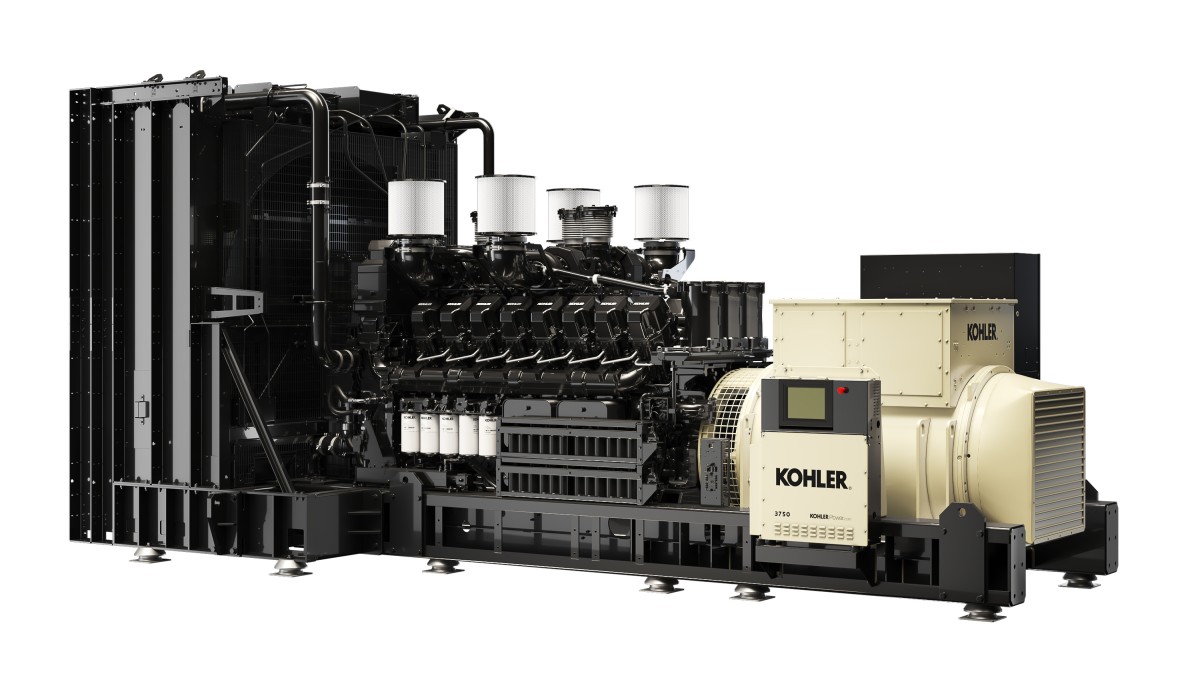
Components
16/07/2024
Kohler Energy Publishes a Market-First Environmental Declaration for a Mission-Critical Generating Set
Independently verified document provides complete visibility...

Components
27/06/2023
The first edition of Kohler Engines' Demo Days
Kohler Engines recently hosted the first edition of Demo Day...

Components
09/05/2023
Kohler Engines and Grastim sign agreement for a hybrid photovoltaic/ trigeneration and “hydrogen ready” plant
The power plant will be built at Kohler’s Reggio Emilia site...

Components
15/02/2023
Kohler Energy - Engines is top 10 finalist at Conexpo 2023
Kohler Energy - Engines has been selected as one of the top...

Components
29/12/2022
Kohler Partners with Polar Explorer Robert Swan on Antarctic Expedition
Kohler joins as renewable energy provider for Undaunted Expe...
Altri International
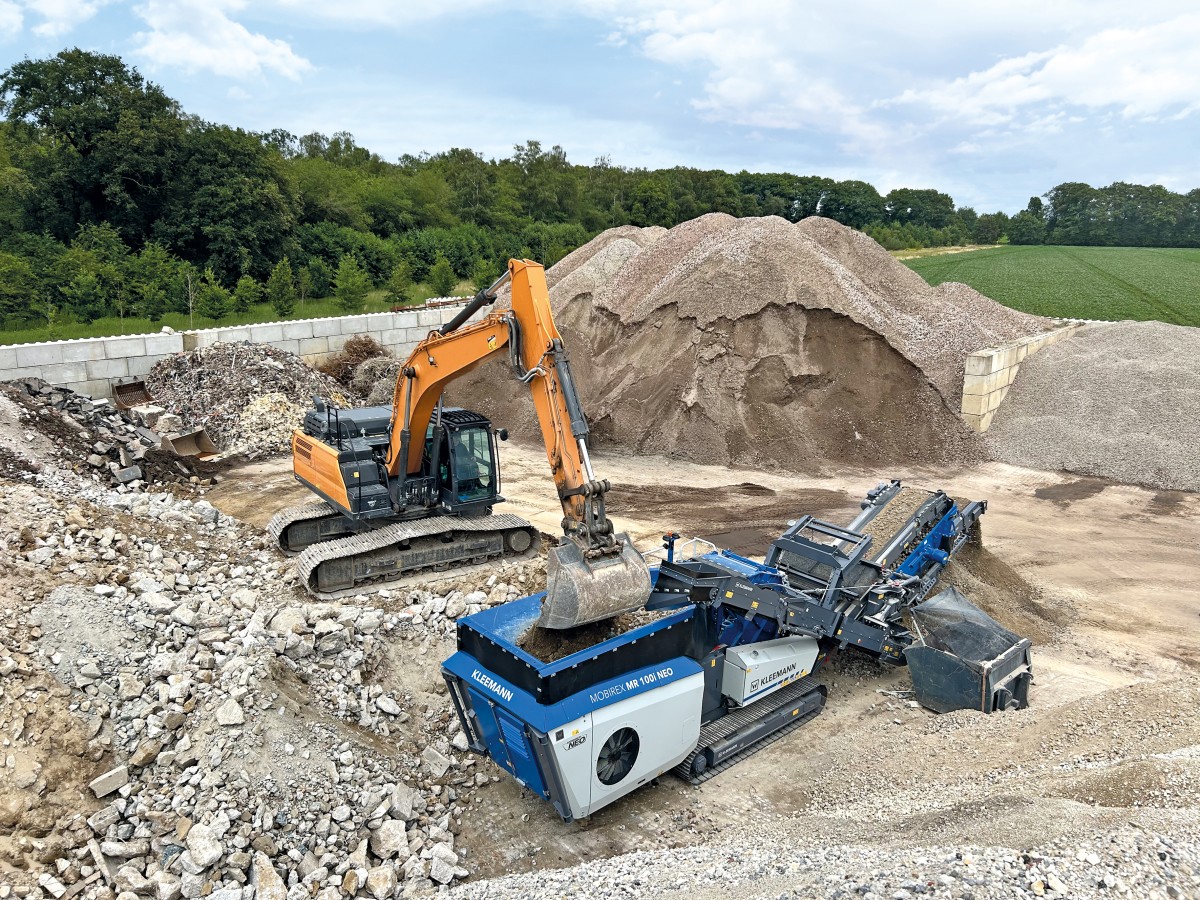
International
21/11/2024
Kleemann: New compact crusher used for recycling
Impact crusher MOBIREX MR 100i NEO impresses during operatio...
International
21/11/2024
SITECH partners with Royal Engineers to create poppy and demonstrate tech offering
The demostration involved creating a ground-level poppy desi...
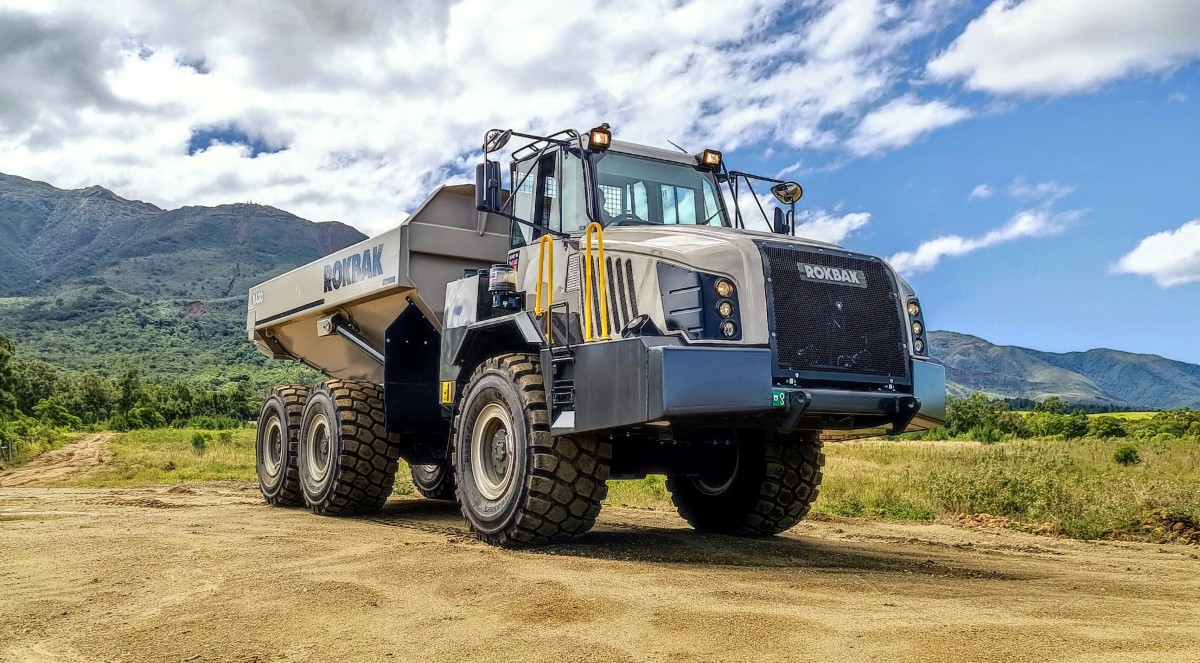
International
20/11/2024
Strong and stable RA30 trucks carry the weight at New Caledonian mine
Three Rokbak RA30 trucks are delivering exceptional durabili...

International
20/11/2024
Tadano AC 7.450-1 Performs Double Duty in Wisconsin
A cost-saving and versatile solution was already on site - a...

International
19/11/2024
Liebherr Tower Cranes and John Paul Construction celebrate 50 years of partnership
Irish construction company John Paul Construction is celebra...

International
18/11/2024
The CMC i23 aerial platform: an example of high performances
CMC i23 is designed to maximise operational efficiency in al...
















